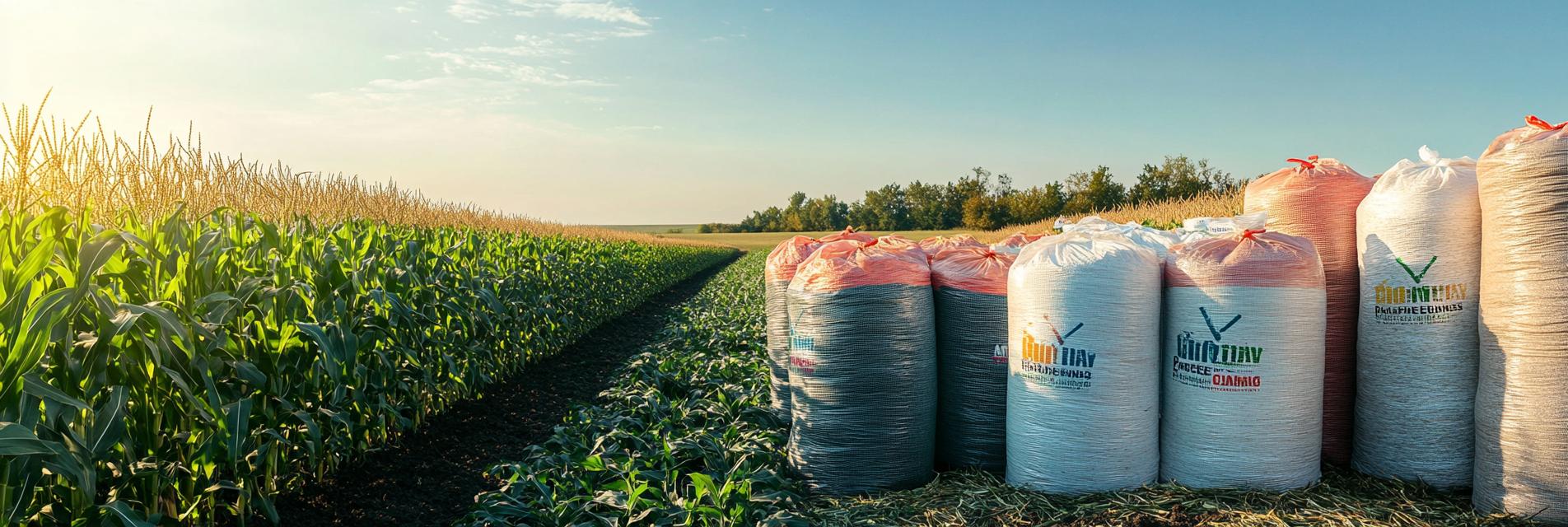In the ever-evolving landscape of agriculture, the use of composite fertilizers has become integral to achieving optimal crop yield and maintaining soil health. China, as one of the largest agricultural producers globally, boasts a variety of renowned composite fertilizer brands that cater to different crops and soil types. This article delves into these brands, their unique applications, and how they address specific agricultural challenges.
Composite fertilizers, also known as compound fertilizers, are formulations that contain two or more essential nutrients for plants, namely nitrogen (N), phosphorus (P), and potassium (K). They play a crucial role in aiding the growth and development of crops. Using the right type and amount of fertilizer according to specific crop needs significantly enhances productivity and efficiency in agriculture.
Different crops have unique nutritional requirements at various growth stages. For instance, leafy vegetables may require higher nitrogen content for lush foliage, while fruit-bearing plants might need a balanced ratio of NPK to foster flowering and fruiting. To address these specific needs, leading brands have formulated tailored products that optimize nutrient release based on crop demand.
Farmers often face the challenge of nutrient deficiencies due to poor soil quality or imbalanced fertilization. Addressing these issues typically involves selecting the right composite fertilizer that aligns with the soil type and the crops being cultivated. For example, a farmer growing wheat in sandy soil may need to supplement with a fertilizer high in potassium to improve drought resistance and overall yield.
Several brands have established reputations within the composite fertilizer market in China. These brands are recognized for their commitment to quality, innovation, and sustainability. By focusing on research and development, they continuously enhance their product offerings to meet the dynamic demands of farmers.
Brands often incorporate advanced technologies that improve nutrient efficiency and minimize environmental impact. For instance, some fertilizers now feature controlled-release formulas that provide plants with nutrients at a steady rate, reducing waste and the risk of runoff into surrounding ecosystems.
In conclusion, the selection and application of composite fertilizers are pivotal for optimizing agricultural performance in China. The leading brands offer tailored solutions that meet the diverse needs of various crops. As sustainable practices become increasingly essential in modern farming, these brands are likely to continue evolving towards more environmentally friendly products that ensure food security while promoting healthy soil.
